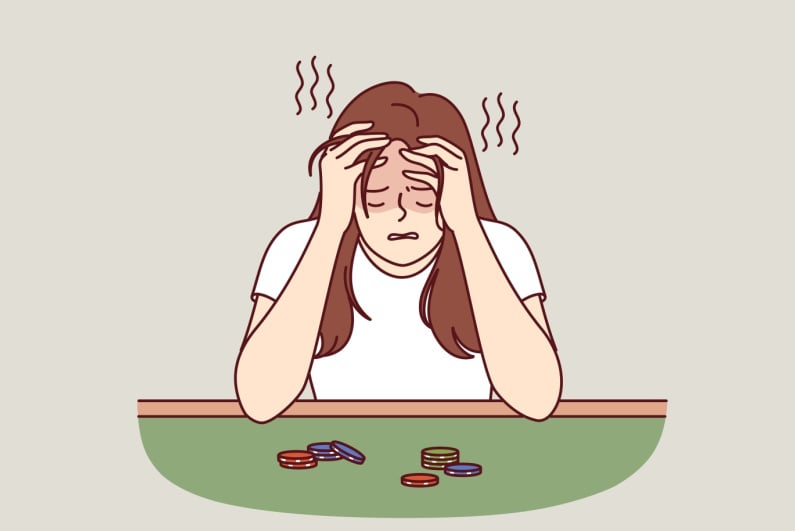It seemed until recently that Italy’s Serie A could be heading the way of the English Premier League, where half the teams have sports betting companies’ names on their shirts and virtually every team has an “official betting partner”.
But it now appears that all such sponsorships could be off in Italy, with the country’s deputy prime minister warning that the new deals “aren’t worth the paper they are printed on”.
Minister of Labour and Economic Development in Italy’s new and potentially very unstable coalition government, Luigi Di Maio, has said that such deals are contrary to the country’s new Dignity Decree. This will ban all gambling advertising and sponsorships and is due to come into effect on January 1, 2019.
This comes after a recent sponsorship deal between Italian soccer team AS Roma and sports betting company Betway, and an agreement for Marathon Bet to pay €7m (£6.18m; $8.17m) to sponsor Lazio’s shirts.
Di Maio has said that any sponsorship deals currently being done will not be valid. The decree in question is making its way through the Italian parliamentary system before becoming law and could still be modified, with the gaming industry, broadcasters, and sports bodies making frantic last-minute bids to thwart the move.
Earlier this week, the Italian employers’ organization presented a plan that would have significantly reduced gambling advertising without imposing an all-out ban, but Di Maio’s response was unequivocal: “I am sorry for them, but I do not change my mind.”
Tax coffers will be empty
The new government has appeared to accept that a gambling ad ban will mean its tax take will be dealt a blow, with an estimate of €147m (£130m; $171.5m) in 2019 rising to €198m (£175; $204m) in 2020, although the Dignity Decree will try to partially make up for that by increasing the tax rate on slot machines and video lottery terminals.
The move has received widespread criticism, with former Premier Silvio Berlusconi accusing the government of “going back to the 19th Century” and another commentator saying that the policy had been arrived at “without even a minimum of economic analysis of the consequences”.
Ideology vs. economics
But the Dignity Decree appears to have a moral underpinning, with several Italian politicians, not just Di Maio, believing that the social harm caused by gambling outweighs any potential tax revenue from it. And the Italian politicians are not alone.
Right now the relationship between sports teams and sports betting companies has never been closer. A new sponsorship deal or a club announcing an “official betting partner” happens almost every day. With more and more states legalizing sports betting in the US, the pace of these deals can only increase.
Unless the legislators intervene
The current problems of the UK government over Brexit are making a Labour government under Jeremy Corbyn more likely by the day, and several potential members of his government have already widely aired their distaste for sports betting companies.
It is only a personal opinion, but the UK could well see a ban on gambling ads and related sponsorships within 12 months of a Labour government coming to power.
Similarly, there are plenty of states in the US and very powerful Christian lobby groups that will be unwilling to see sports teams sponsored by sports betting companies.
Ultimately a blanket ban on gambling advertising would potentially have an adverse effect on both the sports teams and on employment: but at the moment, there appear to be a number of politicians who think that is a price worth paying.



